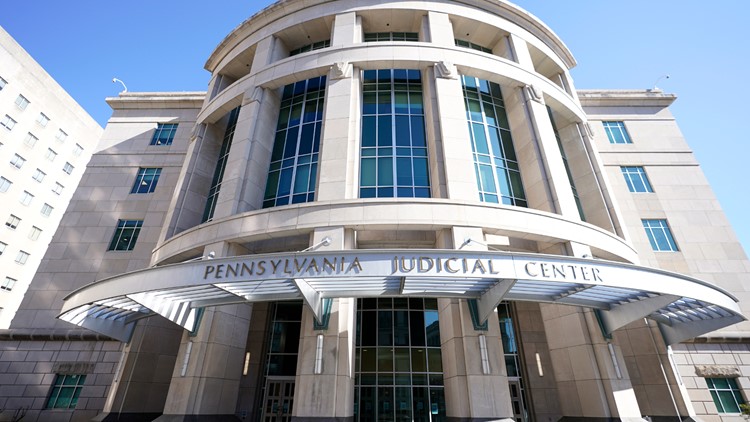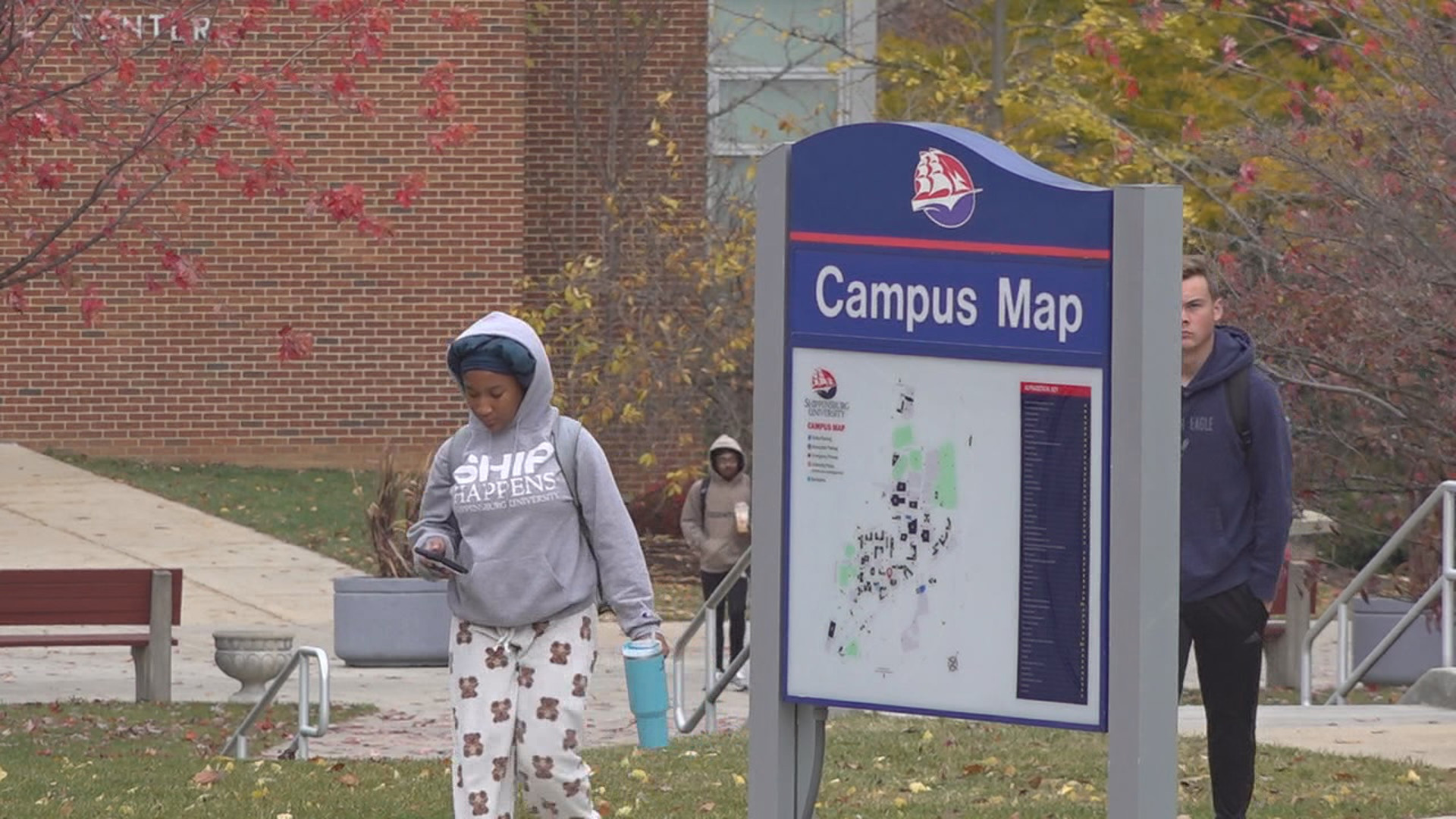HARRISBURG, Pa. — A marathon trial over how Pennsylvania funds public education reached an end Thursday but it will be months before a judge rules in the case brought by a group of poorer school districts against Republican state legislative leaders.
The Commonwealth Court case, filed eight years ago, brought dozens of witnesses to Harrisburg over four months as the districts, some parents and two organizations challenged the size and distribution of subsidies approved annually by the General Assembly.
The plaintiffs argue the current system denies students the “thorough and efficient system of public education” mandated by the Pennsylvania Constitution, while the top-ranking Republican leaders in the state House and Senate say funding has been growing and is adequate.
In closing argument on Thursday, plaintiffs' attorney Katrina Robson said the state constitution promises “the General Assembly would provide the funds necessary to support a system of education for all children that prepares them for college, career and civic success.”
She described testimony about dilapidated and even dangerous buildings, classrooms in windowless storage areas, overcrowding and a pattern of test results that show students in the poorer districts tend to lag far behind those in better-funded districts.
"Sadly, as the facts in this case have shown, ensuring that those promises are kept has now fallen to the courts," Robson told Judge Renee Jubelirer. She said Pennsylvania has one of the nation's widest gaps in per-pupil spending from the richest to the poorest.
Robson told the judge that “money absolutely matters” when it comes to student achievement and accused the Republican legislative leaders of arguing innate differences among children translate into different results and suggesting struggling students do not take advantage of opportunities.
“Suggesting that this disaster is because children ignore opportunities allows us to put their failure at their feet rather than the General Assembly's,” Robson said, adding that “Black children, Latino children, low-income children” all have “the same natural work ethic. The same natural intelligence. The same hopes, the same dreams.”
Tom DeCesar, who represents Senate President Pro Tempore Jake Corman, R-Centre, said the state constitutional language requires a system that gives students an opportunity to obtain a core education. The lawsuit, on the other hand, seeks to guarantee certain outcomes that hinge on many factors, including the role of parents, he said.
He argued that the schools failed to prove they get the most out of the funding they already receive and highlighted for the judge the districts' spending on football field lights, technology, electives beyond core classes and offerings for the highest achieving students.
“We cannot assume that all of the petitioner districts, let alone all of the districts across the commonwealth, are spending their money in the most optimal and efficient manner,” DeCesar said.
The defendants dismissed the reliability of comparisons among districts based on standardized test results, or that there is a direct relationship between spending and student learning.
The case delves into a public policy debate that has raged for decades about education spending, said Patrick Northen, lawyer for House Speaker Bryan Cutler, R-Lancaster. He said state residents can always vote out lawmakers if they conclude school spending levels are not sufficient.
Northen urged the judge to rule the plaintiffs did not prove that the current system is unconstitutional.
“The question before this court is not how to construct an ideal system of public education, no matter how much it might cost,” Northen argued.
The plaintiffs are six districts, several parents, the state conference of the NAACP and the Pennsylvania Association of Rural and Small Schools.
Jubelirer has told the parties they will have months to file briefs before oral argument on legal issues. It’s highly likely the losing side will appeal.



